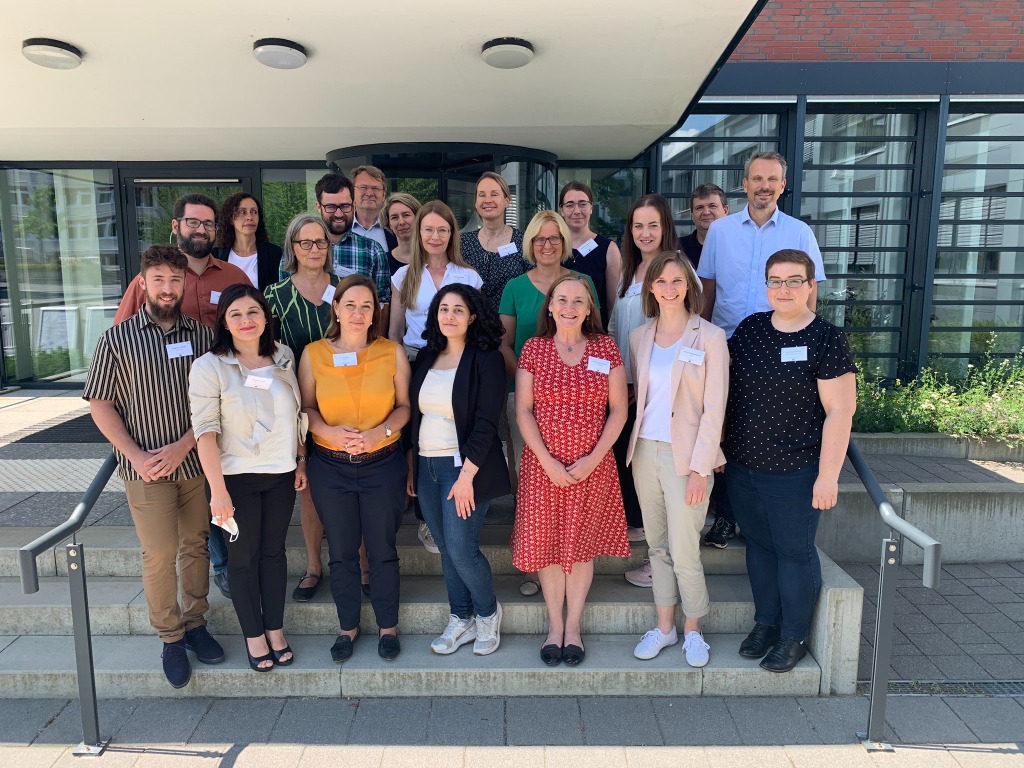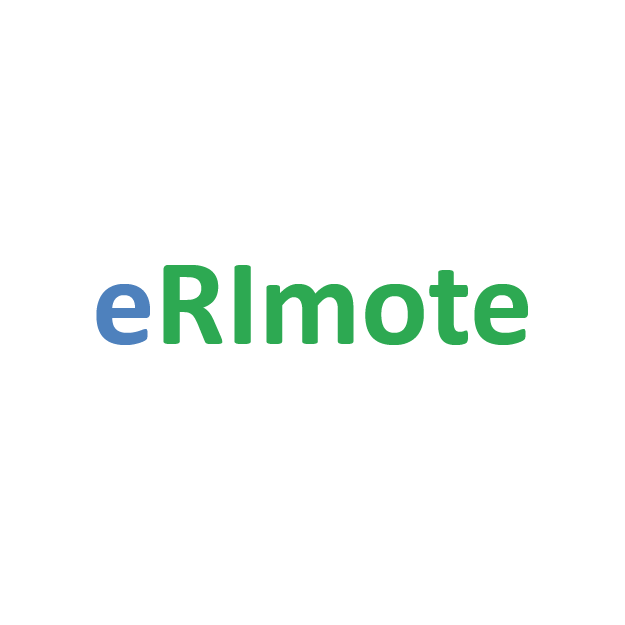10-Jun-2022
Remote access to Research Infrastructure (RI) services has become even more vital since the pandemic in 2020, shining a spotlight on the need to access external technologies without the need for travel. To address these challenges across multiple fields, the eRImote project officially launched on 1 June, with the full title “Pathways to Improved resilience through Remote/Digital Access for European Research Infrastructures”.
Instruct-ERIC is committed to ensuring remote access to structural biology services, providing the opportunity before the Covid19 outbreak, and ramping up efforts since 2020. For a full list of Instruct services available remotely, check the Instruct service status.
The eRImote consortium is coordinated by DESY (German Electron Synchrotron) and brings together 12 partners from a wide range of different scientific domains covering the social, physical, environmental and life sciences. Instruct-ERIC, along with partner RIs Euro-BioImaging and Infrafrontier, represents the life science Research Infrastructures in this project.
The project was officially launched at the kick-off meeting held at DESY, Hamburg, 28-29 June 2022.

The eRImote Kick Off Meeting between all partners on 28-29 June
The eRImote project is the first to consider solutions for digital and remote service provision across RI domains and to look for transferable practices and new developments that will improve accessibility and resilience of Research Infrastructures. While existing processes will be collected, eRImote will also explore new solutions using defined use cases to develop and test their implementation in RI scenarios.
The central pillars of the eRImote project are:
Instruct-ERIC will be central to the project, playing a key role in the information platform and data store. Additionally, the experience acquired from use of the ARIA research infrastructure management system developed by Instruct is invaluable in providing essential solutions to remote access problems. Instruct will also be managing the link between eRImote and EOSC, and how they can feed into one another.
Following Instruct’s role as coordinator of the RI-VIS project aimed at enhancing visibility of research infrastructures on a global level, Instruct will be managing the social media, and involved in the communication and outreach of the project alongside the European Science Foundation.
Additionally, Instruct’s involvement in the RI-VIS and EU-LAC ResInfra projects highlights its experience in working with international partners. The value of remote capabilities for international access is extremely high, so Instruct will bring its expertise in providing access to researchers from outside of Europe, showcased by its MOU signatures with 10 international facilities worldwide.
